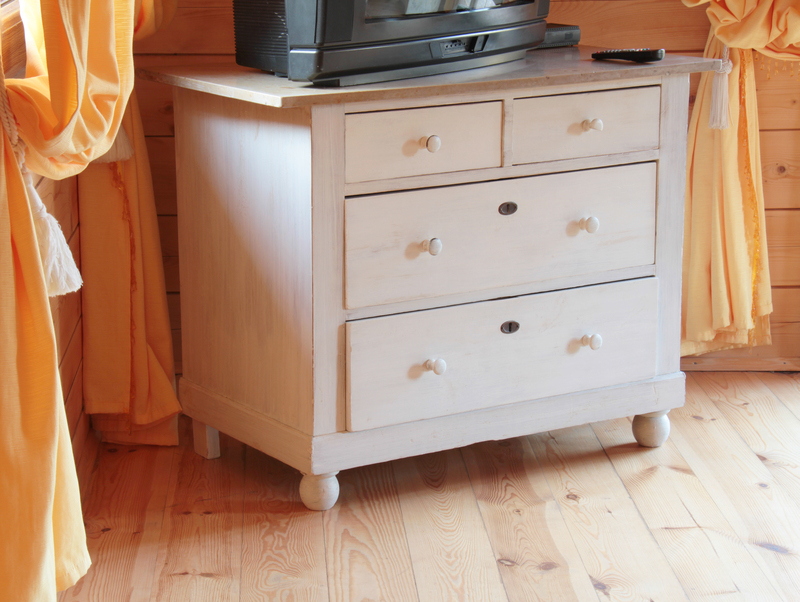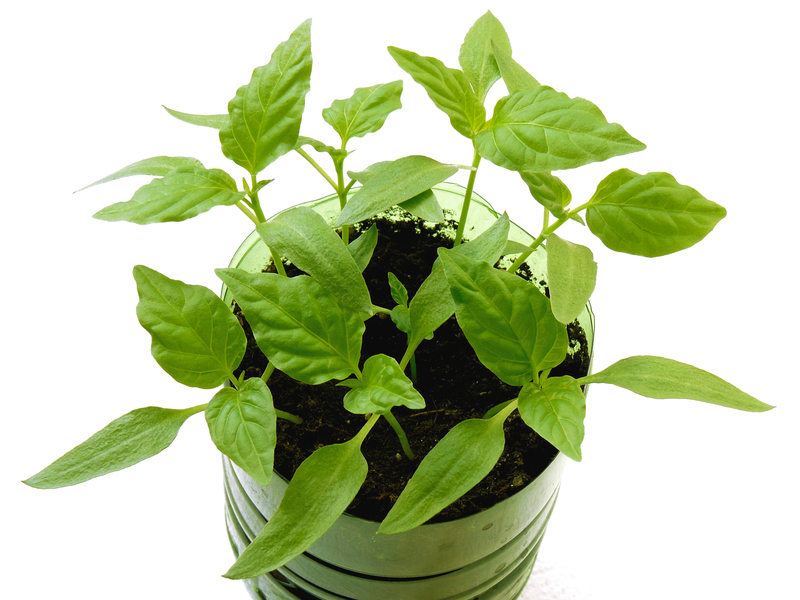Eco-Conscious Disposal Tips for PPE Waste
Personal protective equipment (PPE) has become an integral part of our daily lives, especially after the global health crisis. Masks, gloves, face shields, and gowns have helped to keep us safe, but their widespread use has resulted in a mounting environmental challenge: PPE waste. Learning how to dispose of PPE waste in an eco-friendly way is crucial for safeguarding both public health and our planet.

Understanding PPE Waste: The Environmental Impact
Most PPE items are made from single-use plastics, including polypropylene, polycarbonate, and PVC, which resist decomposition. When inappropriately discarded, these items end up in landfills, waterways, and even the ocean, posing a threat to wildlife, natural habitats, and human health. Improper PPE waste disposal not only increases pollution but also exacerbates the global plastic crisis.
- PPE waste is not biodegradable: Masks and gloves can take up to 450 years to decompose.
- Wildlife danger: Animals can ingest or become entangled in PPE, often with fatal outcomes.
- Microplastics: As PPE degrades, it breaks down into harmful microplastics that infiltrate water supplies and the food chain.
Why Eco-Friendly PPE Waste Disposal Matters
Since the pandemic, monthly mask consumption neared 129 billion, and gloves around 65 billion. Without responsible disposal, the environmental consequences persist for generations. Adopting eco-conscious PPE waste disposal habits promotes sustainability and public health.
What Counts as PPE Waste?
PPE or personal protective equipment waste typically includes:
- Disposable face masks (surgical and N95 types)
- Reusable cloth masks
- Gloves (latex, nitrile, and vinyl)
- Face shields
- Protective gowns and aprons
- Protective eyewear and goggles
Understanding what constitutes PPE waste is the first step toward handling it responsibly.
Eco-Conscious Disposal Tips for PPE Waste
1. Do Not Litter
Although it seems obvious, one of the most significant environmental issues comes from masks and gloves discarded on streets, parks, and parking lots. Always place used PPE in designated waste bins to prevent pollution and potential health risks.
2. Use Dedicated PPE Bins
Many municipalities and public places have established PPE disposal bins to manage this type of waste. Look for these bins in supermarkets, public transport stations, pharmacies, and hospitals. Ensure your used PPE goes to these special bins rather than general trash wherever possible.
3. Separate PPE Waste at Home
For home use, use a designated bin or bag for used PPE, separate from other recyclables and organic waste. This practice keeps potentially contaminated items isolated, making it easier to dispose of them safely and reduce contamination risks.
4. Avoid Flushing PPE
Never flush masks, gloves, or wipes down the toilet or sink. These items can block plumbing, damage sewage treatment plants, and ultimately find their way into rivers and oceans, worsening plastic pollution.
5. Eco-Friendly Alternatives to Single-Use PPE
Minimizing your PPE waste begins with choosing sustainable PPE alternatives whenever possible. Here are some tips:
- Reusable cloth masks: Opt for cloth masks made from organic cotton or recycled materials. Wash and reuse them.
- Washable gloves: For non-medical purposes, use washable, reusable gloves.
- Choose certified eco-friendly brands: Some companies offer biodegradable masks and compostable gloves.
6. Disinfect PPE Before Disposal
If you must dispose of single-use PPE, minimize health risks by disinfecting it:
- Spray used masks and gloves with disinfectant or let them sit untouched for several days before disposal.
- Seal soiled PPE in a biodegradable bag before throwing it into a dedicated PPE waste bin.
7. Community PPE Waste Collection Programs
Check if your community or local council runs PPE recycling or collection programs. Some areas have set up special schemes in collaboration with waste management companies or environmental NGOs.
8. Educate and Advocate
Raising awareness is a vital step. Inform friends, family, and colleagues about the importance of eco-responsible PPE waste disposal. Engage in community clean-ups and advocate for better waste management systems in your area.
9. Innovative PPE Recycling Solutions
Some environmental initiatives are working on PPE recycling:
- Companies have developed technologies to melt down used masks and gloves, transforming them into road construction material or furniture.
- Other groups collect used PPE to be incinerated in specialized facilities, minimizing their environmental impact and sometimes generating energy in the process.
- Innovations in biodegradable PPE materials continue to emerge, offering more sustainable options for future public health needs.
How to Properly Dispose of Masks and Gloves
Step-by-step guide for personal PPE disposal:
- Remove PPE carefully to avoid touching the outside contaminated surface.
- Disinfect or quarantine the PPE before disposal.
- Seal in a leakproof, preferably biodegradable or recyclable bag.
- Deposit the bag in a labeled PPE disposal bin (do not mix with regular recyclables).
- Dedicate a container or bin at home for PPE waste, clearly marked; empty it regularly.
Can PPE Waste Be Recycled?
The recycling of PPE is currently limited due to contamination risks and the mixed material composition of many products. However, pilot projects and specialized facilities do exist. Large-scale PPE recycling should:
- Be managed by specialized companies using industrial sterilization and melting processes.
- Follow strict contamination protocols.
- Utilize biodegradable PPE where possible to improve the recycling potential.
If unsure, always err on the side of caution by disposing of single-use PPE in dedicated waste streams rather than in regular recycling bins.
Tips for Businesses and Workplaces: Eco-Friendly PPE Waste Management
- Train staff on correct PPE disposal and why it matters.
- Install separate, clearly labeled PPE bins throughout the workplace.
- Work with certified waste management firms experienced in handling potentially hazardous waste.
- Encourage reusable PPE for non-medical staff and daily operations.
- Regularly sanitize PPE waste collection points to prevent cross-contamination.
- Monitor local regulations for new developments on eco-friendly PPE disposal and recycling options.
Special Consideration: Medical Facilities
Hospitals and clinics generate high volumes of PPE waste. These facilities must adhere to strict biohazard waste disposal protocols, but they can still incorporate environmentally responsible practices such as choosing greener suppliers, advocating for biodegradable products, and ensuring staff training in correct segregation methods.

What Does Sustainable PPE Disposal Look Like?
Eco-responsible PPE waste management isn't just about following rules; it's a mindset shift towards sustainable living. Key aspects include:
- Prevention: Use PPE only when necessary; combine with other preventative tactics like handwashing and social distancing when possible.
- Reduction: Opt for reusable PPE; support brands innovating biodegradable solutions.
- Proper segregation: Keep PPE waste separate from general and recyclable waste.
- Community involvement: Encourage group responsibility and demand better public waste management solutions.
Conclusion: Making a Difference Through Eco-Conscious PPE Waste Disposal
The surge in PPE usage has had undeniable environmental repercussions. However, by adopting eco-conscious PPE waste disposal tips, every individual, business, and community can be part of the solution. Choose reusable options, segregate waste properly, educate those around you, and stay updated on local disposal and recycling programs. Small, consistent actions lead to a more sustainable future, protecting both public health and our planet.
By making eco-friendly PPE waste disposal a habitual part of our routines, we demonstrate our commitment to the environment and to each other. Let's work together to turn the tide on PPE pollution for a cleaner, greener tomorrow.